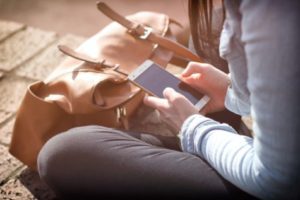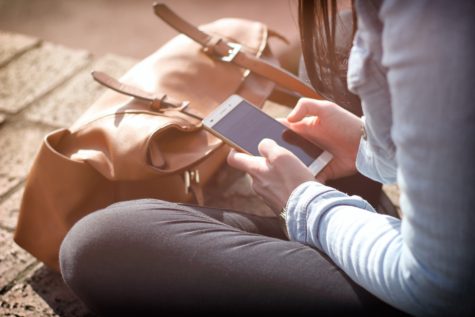WACO, Texas — Phone dependency is seemingly so common that the term “phubbing,” short for “phone snubbing” has gone mainstream and is the subject of frequent news reports. While phubbing refers to partners who shun their significant others for their mobile devices, a new study finds that victims of phubbers, actually wind up turning to their own smartphones for social acceptance.
Researchers at Baylor University in Texas conducted two related studies in which 330 individuals were surveyed. The goal of the research was to find the relationship between phubbing, reliance on social media platforms, depression, stress, and anxiety.

With an earlier study by the researchers showing that phubbing can negatively impact emotions and interpersonal relationships, the team wanted to explore how the chorus of approval on social media— e.g., likes and shares on content— factored into the equation.
It turns out that individuals who have been phubbed turn to social media quite frequently.
Almost half of respondents who said they’d been phubbed reported spending at least an hour-and-a-half on their phone a day, with about half of these respondents saying they spent at least that much time daily perusing social media on their phone.
“When an individual is phubbed, he/she feels socially excluded, which leads to an increased need for attention,” explains lead researcher Dr. Meredith David, an assistant professor of marketing, in a university news release. “Instead of turning to face-to-face interaction to restore a sense of inclusion, study participants turned to social media to regain a sense of belonging.”
In fact, more than a third of phubbed partners said they used social networks specifically to meet new people.
Still, while drifting apart from a significant other is painful enough, David adds that “phubbed individuals reported higher levels of stress and depression.”
One statistic supporting the researchers’ argument that phubbed individuals use social media as a substitute for real interaction was their finding that more than half of those surveyed felt accepted and consoled by social platforms after being ignored in-person. These participants reported that social media actually made their lives better, particularly when they received comments on their posts.
Co-author and professor of marketing James A. Roberts says he is troubled by the findings.
“We’re looking online for what we’re not getting offline. It’s a vicious cycle,” he explains. “Our inability to separate from technology is devastating to our well-being. Even if it’s not an addiction, it’s a deeply engrained habit.”
To combat the ills of smartphone use, the researchers recommend a number of interventions, including limiting screen use in social situations.
The study’s findings were published in the Journal of the Association for Consumer Research.
